Despite the acknowledged need for new antimicrobial resistance (AMR) health technologies for public health, individual AMR health technologies cannot (or are unable to) demonstrate a high additional therapeutic benefit – a key criterion considered in pricing and reimbursement conditions. In this study commissioned by the Global AMR R&D Hub, the Austrian National Public Health Institute (GÖG) explored policies that are able to stimulate the development of novel AMR health technologies within the domains of reimbursement, pricing & procurement from ten G20 countries. This comprehensive review of available policy tools includes concrete examples and suggestions for learning, leverage and implementation. This is one of three studies that were used to derive recommendations put forward to the G7 and G20 for their ongoing reflections.
Key points:
- AMR health technology markets are beset with multiple problems and health systems are heterogeneous – both of these preclude simple, singular solutions.
- Public authorities have existing, promising specific policy options that can further reward the development and market entry of new AMR health technologies.
- Procurement contracts can be designed in such a way as to include AMR relevant conditions like good stewardship and environmental considerations.





